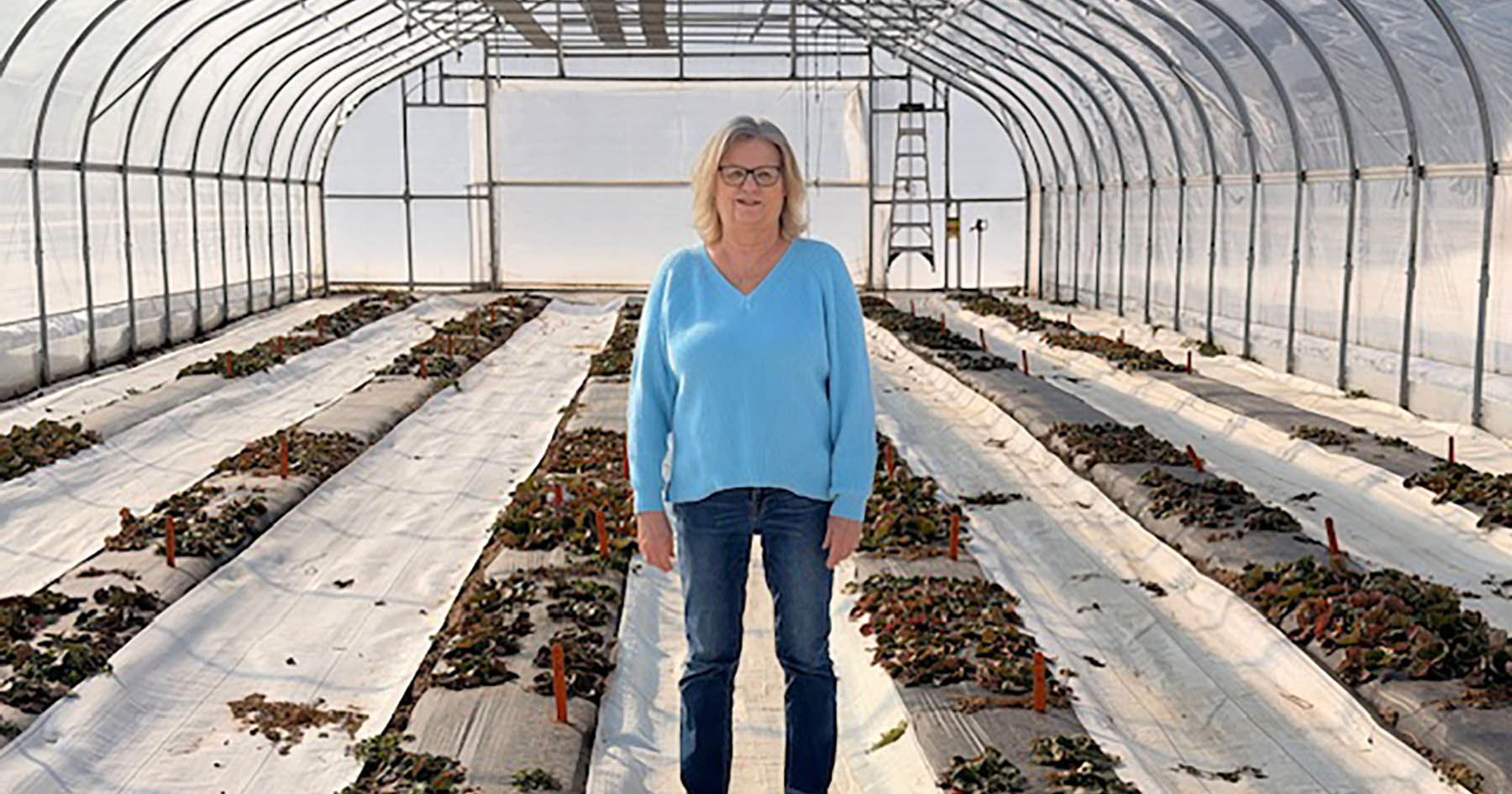Purdue team takes second-place honors at agBOT Challenge
A team from Purdue University’s Department of Agricultural and Biological Engineering finished second overall in the weed and feed competition of the second annual agBOT Challenge.
Fourteen teams representing educational institutions and technology companies throughout the United States and Canada entered the challenge, held June 23-25 at Gerrish Farms in Rockville.
Members of the Purdue team and their majors were:
Phillip Bower (West Lafayette), Mechanical Engineering; Alex Carr (Los Altos, Calif.), Mechnical Engineering; Adam Einck (Huntington Beach, Calif.), Mechanical Engineering; Melissa Mason (Poway, Calif.), Mechnical Engineering; Cole Mundell (Sharpsville), Agricultural Systems Management; Ryan Romanowski (Columbia City), Agricultural Engineering; Kyle Scribner (Seattle, Wash.), Mechnical Engineering; Zhihang Song (Zhengzhou, China), Agricultural Engineering; and Lexi Wickstrom (Gurnee, Ill.), Mechnical Engineering.
Team advisers were Roger Tormoehlen, professor of agricultural and biological engineering, and Richard Fox, computer analyst in Youth Development and Agricultural Education.
In the weed and feed competition, teams were required to build a vehicle that could autonomously maneuver over two to four 1,000-foot crop rows at a time while observing growing plants and applying fertilizer with pinpoint precision as needed. In addition, the vehicle was required to identify and kill three common weeds either chemically or mechanically while providing real-time data and observations back to the base station.
Starting with a stock Yamaha all-terrain utility vehicle, members of the Purdue team built an autonomous propulsion and guidance system with a sophisticated electronic monitoring package utilizing some of the most advanced technologies available in the digital agriculture industry.
“Digital agriculture will enhance our capabilities in the area of precision agriculture, which will be one of the keys as we move to feed a world population projected to reach 9 to 10 billion by 2050,” Tormoehlen said. “It will enable us to increase our production while reducing inputs such as fertilizer and chemicals.”
Working on the team also helped the students develop communication and collaboration skills that are highly valued by employers in high-tech industries, he added.
“The project highlighted the need for diverse teams that encompass a range of skill sets,” Tormoehlen said. “The students’ performance in the competition is a testament to their skill, their dedication and their ingenuity, as well as the well-rounded education and training they received in Purdue’s agricultural and biological engineering and mechanical engineering programs.”





